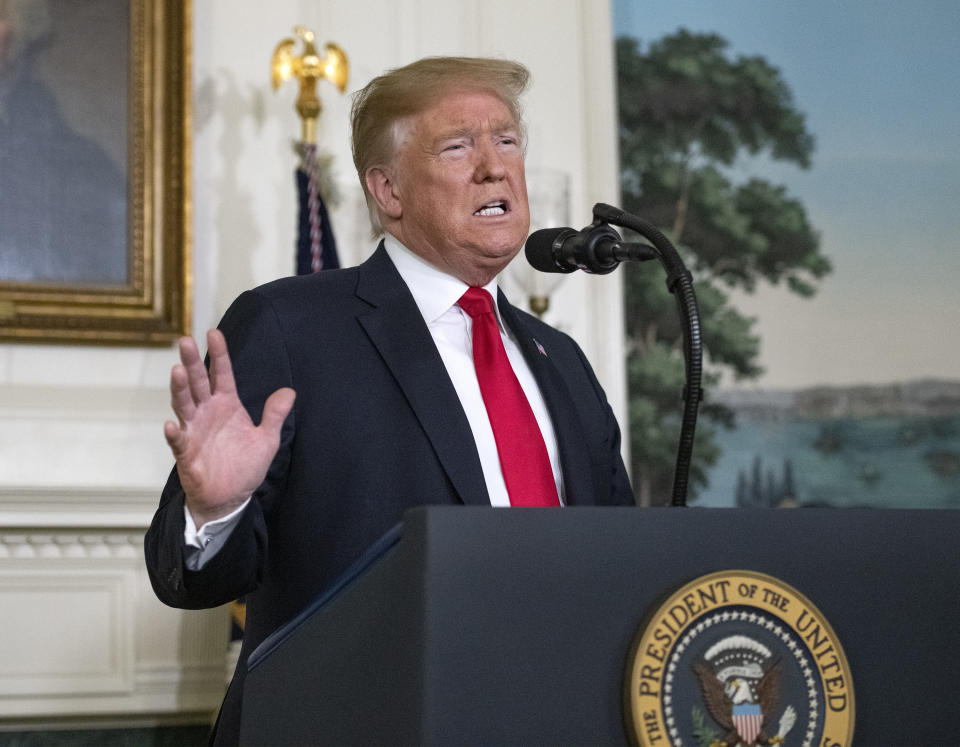What is Davos 2019? The World Economic Forum conference explained

Davos in the Swiss alps. Photo: Xinhua/SIPA USA/PA Images.
Thousands of top business, political and charity figures are attending the World Economic Forum (WEF) conference in Davos in Switzerland this week.
The annual event can have significant consequences for global affairs and attracts worldwide interest, as it brings together some of the most powerful people on the planet.
Here are the key things you need to know about the Davos event in 2019.
What happens at Davos?
‘Davos’ is the most common name for the annual meeting of an international organisation called the World Economic Forum.
More than 100 government leaders, 1,000 business chiefs and senior figures at hundreds of other organisations are scheduled to attend the 2019 event, which officially runs from 22 January to 25 January.
READ MORE: IMF lays out bleak forecast for global economy as Davos begins
The WEF says its aim is to make “progress happen” internationally by encouraging such influential people from across sectors and across the world to meet and work together.
Guests take part in a jam-packed schedule of events and speeches, though the chance for informal networking and lavish parties often proves the more important part of the occasion.
The exclusive event has been running since the 1970s, and is by invitation only.
Where is Davos actually held?
Davos is the name of the small town in the Swiss alps where the summit takes place, with the main events held in a large conference centre.
Only just over 10,000 people actually live in the town, which hosts skiers rather than global leaders for most of the year in its popular ski resort.
The WEF organisation itself, established as a not-for-profit foundation in 1971, is based elsewhere in Switzerland, with a headquarters in Geneva.
Who will be attending the conference?
Leading politicians heading to Davos this year include German chancellor Angela Merkel, Japanese prime minister Shinzo Abe and the new Brazilian president Jair Bolsonaro.
The prime ministers of Spain, Italy, Israel, New Zealand and the Netherlands are among the leaders likely to feature.
READ MORE: WEF warns globe ‘sleepwalking into a crisis’
Other world leaders set to attend include the presidents of South Africa, Iraq and Colombia, the Irish prime minister Leo Varadkar and Austrian chancellor Sebastian Kurz.
The UK’s Prince William and chancellor Philip Hammond are also expected to speak.
Which world leaders won’t be at Davos?

The list of people not likely to attend the global summit is almost as significant as the guestlist itself.
US president Donald Trump is the most high-profile figure to pull out, deciding to stay at home to deal with the ongoing federal government shutdown and row over the Mexican border wall.
But Trump is far from alone in skipping the event. UK prime minister Theresa May is focusing instead on trying to solve the Brexit impasse, French president Emmanuel Macron is still responding to the yellow-vest protests and Zimbabwean president faces a crisis after demonstrations were violently repressed.
Why is Davos controversial?
The organisers of Davos boast on their website: “For almost 50 years, the Forum has been the catalyst for global initiatives, historic shifts, industry breakthroughs, economic ideas, and tens of thousands of projects and collaborations.”
Such a gathering of influential figures clearly has the potential to increase collaboration to tackle common problems.
Yet critics of the summit have often feared more dangerous consequences from the global elite coming together in one place, sceptical about whose interests it serves and how much participants really want to improve the planet.
READ MORE: The key Oxfam finding may not be in its headline numbers
“Where billionaires tell millionaires what the middle-class feels,” is how JP Morgan Chase chief executive Jamie Dimon once memorably described Davos.
For some the summit has come to symbolise the failures of globalisation and free market economics.
Aid charity Oxfam publishes an annual report just before Davos highlighting the scale of inequality, suggesting 26 wealthy figures own more than the poorest half of the global population.
What is on the agenda for the 2019 summit?
The formal topic of this year’s summit is ‘Globalization 4.0: Shaping a Global Architecture in the Age
of the Fourth Industrial Revolution’.
Organisers say technological change like automation, digitisation and artificial intelligence could transform human life, and hope debate will focus on harnessing its potential for the better.
But the agenda acknowledges that the event comes at a time of “unprecedented uncertainty, fragility and controversy,” perhaps nodding to increased global tensions, nationalistic politics and sluggish global growth.

 Yahoo Finance
Yahoo Finance 